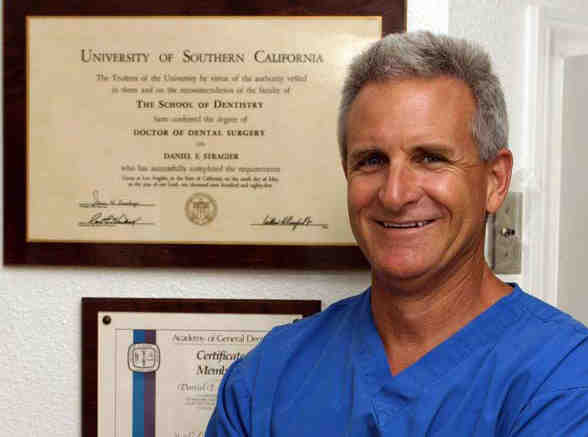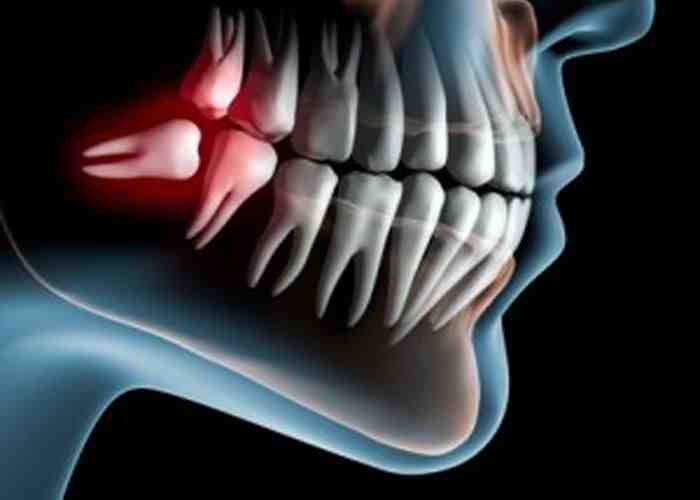How much does it cost for a tooth to be pulled?

Simple extraction usually costs between $ 75 and $ 200 per tooth, and can be more depending on the type of anesthesia you need. The cost to remove damaged teeth is significantly higher and can cost between $ 800 and $ 4000.
Is it cheaper to get a tooth pulled or filled?
While you may think that pulling a tooth is cheaper than repairing it, the truth is that replacing the tooth costs more time and money. And choosing not to replace it will probably have physical and emotional costs.
Which teeth are the hardest to pull out?
The lower teeth of the screen are typically the most difficult to anesthetize. This is because it requires a bit more work in terms of clearing the nerve endings, which are more abundant in the bottom, lower part of the jaw.
Can I go to the hospital to get a tooth pulled?

Your tooth will be removed both by a dentist and by an oral surgeon. Most people will receive a local anesthetic (your mouth is numb) for this procedure. However, in some cases people receive a general anesthetic (put to sleep) but this means that the extraction must be done in a hospital.
What if I can’t afford to go to the dentist?
Another option for good dental care is to ask your dentist or clinic if they offer uninsured payment plans. These are typically payment structures that give you the ability to make reasonable monthly payments towards dental bills. Many clinics offer such programs to uninsured individuals.
How long after tooth extraction can I eat?
About an hour after surgery, you can remove the gauze sponges that have been put in your mouth and have something to eat. Be sure to eat sweet foods for the first 24 hours after surgery. Avoid hot foods and drinks for several hours after surgery. Also do not drink from a straw for at least 24 hours.
How do you get rid of a tooth abscess without going to the dentist?
How to drain a rubber abrasion at home
- Use a saline rinse.
- Take over-the-counter anti-inflammatory drugs such as Ibuprofen.
- Use a rinse of one part hydrogen peroxide (3%) and one part water.
- Use a rinse with ½ a tablespoon of baking soda, ½ a cup of water, and a pinch of salt.
- Apply a cold compress to the painful area.
Can a dentist break your jaw pulling a tooth?

Fracture of the lower jaw after tooth extraction is a rare and serious complication, which occurs most often in the preangular region after the third molar extraction. When left untreated, it can lead to pseudoarthrosis.
How long will jaw hurt after tooth extraction?
any visible slight bruising of your cheek – the skin may be bruised for up to 2 weeks. a stiff, painful jaw – this should go away in 7 to 10 days. pain – this is worse if the extraction has been difficult or complicated. an unpleasant taste in the mouth.
What happens to jaw bone after tooth extraction?
After a tooth is extracted or lost, the bone of the jaw does not need to maintain its mass and shape. And overtime collapses. This occurs most rapidly in the first year after tooth loss especially in the anterior region of the upper jaw. Periodontal disease or Gum is a slow silent disease that destroys the bone that supports the teeth.
Should I get broken tooth pulled?
If you can find fragments of your broken tooth, your dentist may be able to tie it back together. But if the damage extends below your rubber line, it probably needs to be removed.
What do dentist give you when they pull a tooth?

Before pulling the tooth, your dentist will give you an injection of a local anesthetic to irritate the area where the tooth will be removed. In some cases, your dentist may use a strong general anesthetic. This prevents pain throughout your body and will make you sleep through the procedure.
Is surgical extraction painful?
No, despite what you may have imagined, you have nothing to worry about. Having a tooth extracted, surgically or not, should not hurt. You will usually feel a slight tingling sensation since the area is watered using anesthetic, so after this you will not feel the procedure.
How painful are tooth extractions?
Simple extraction You may feel pressure, but should not experience any pain. If you have pain, you can tell your dentist, and administer more local anesthetic to soothe the area.
How long do tooth extractions take to heal?
Typically, your oral surgeon will ask you to take at least 48-72 hours to relax afterwards so that the treatment area is allowed to clot. After that, a patient should be able to return to normal physical activity. Soft tissues usually heal completely in about 3-4 weeks.